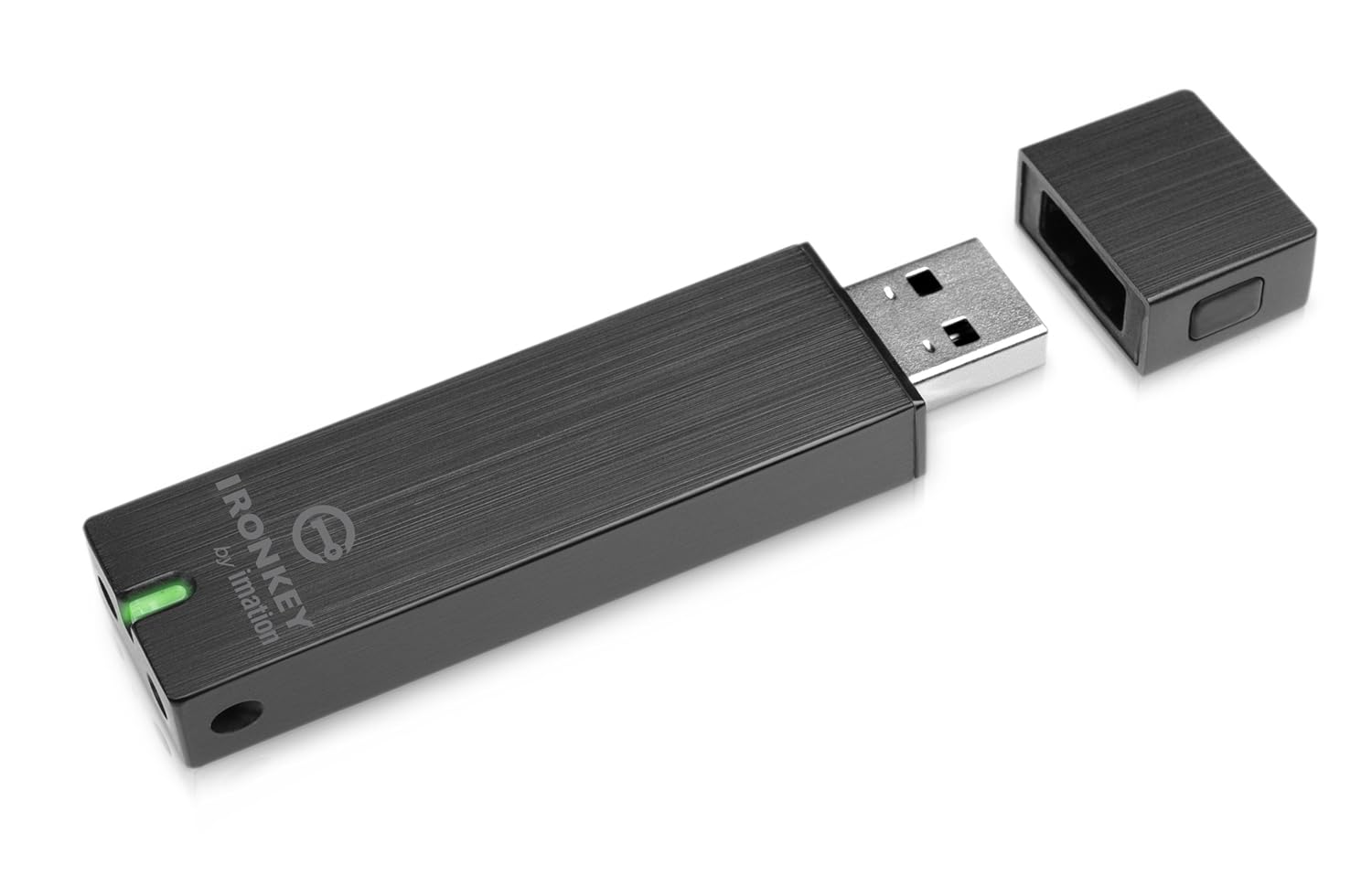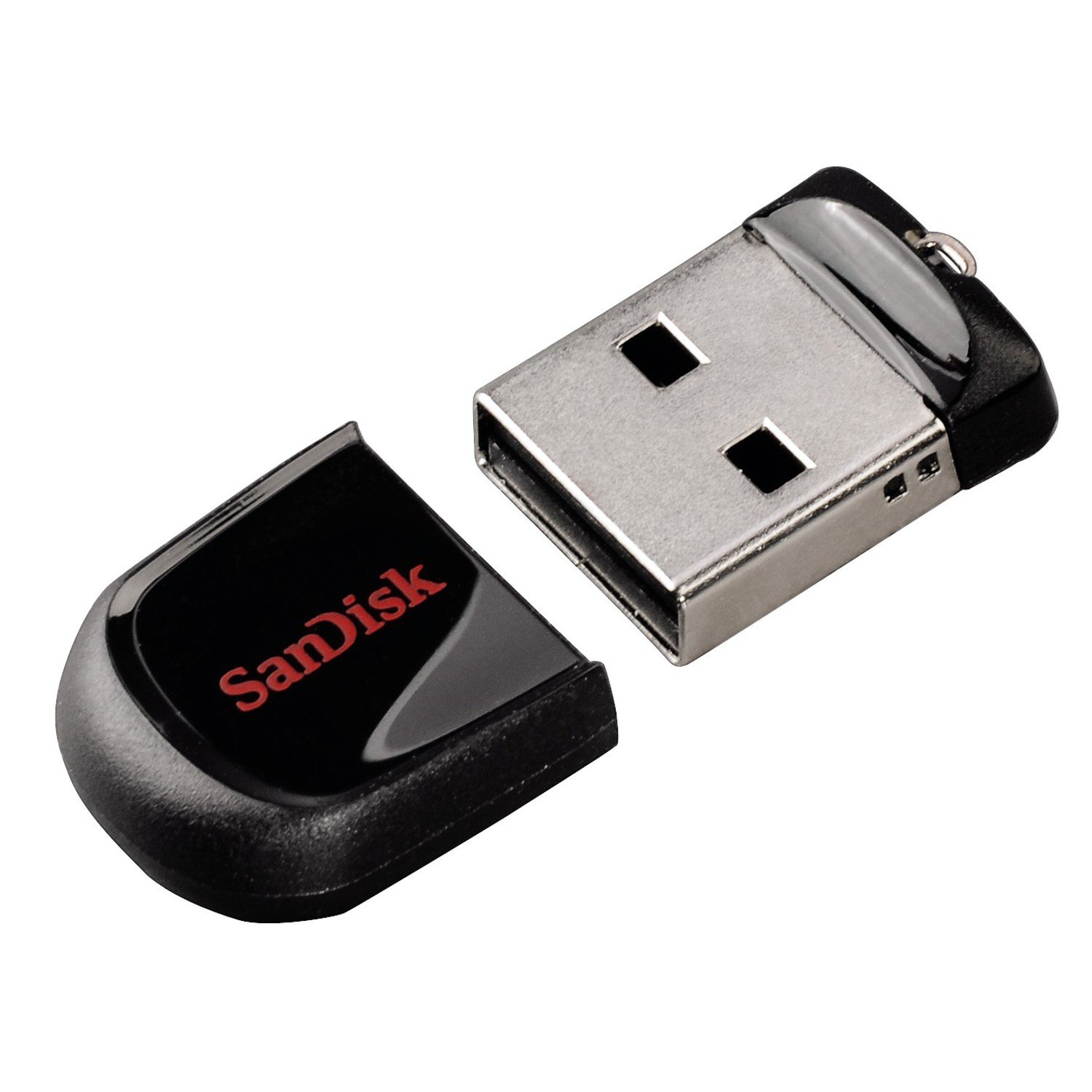I’ve been carrying a secure
flash drive in my keychain for a few years now. The idea is to have not only a
thumb drive for sharing files, but also so as to have all the important
personal and work related data in case the worst would happen.
Here are the 5 categories
you shouldn’t forget to include:
1)Personal files: Everything
from birth certificates, marriage certificates, passports, medical history,
drivers lincese to diplomas , certifications and a copy of your last will (make
sure you create a Vault in the USB drive that your family knows the password to
and can access)
2)Financial information:
Bank accounts, and deposits, savings account, any loans you may have and
payments made.
3)Insurance: A copy of your
insurance, house, car, life, medical, all insurance information you’ve got.
Also include a video showing around your house and especially anything that is
of value. This will make it much easier if you ever have to make a claim. Show
the exterior of the house as well, and your car too. Keep a copy of your kids
trust fund if you have one.
4)Work information: Save
your navigation favorites, history and passwords with Mozbackup. Keep any
important work files you wouldn’t want to start over without.
5)Sentimental value: Videos
and photos of your loved ones. This may end up being one of the things you miss
the most if lost, and the one that truly is irreplaceable. Include any other “data”
that may be dear to you, like a few favorite songs, a couple movies and some
game even.
If your house burned town,
or there’s a flood that destroys everything or you have to bug out for whatever
reason, this thumb drive will be a life saver.
If you have any other ideas
please share them in the comment section below.
Right now I’m using the SanDisk
Cruzer Fit. VERY tiny, about the size of a thumbnail and there’s no excuse not
to have one in your keychain. It has 128-bit encryption and a neat feature is
that you can create several vaults, so you can keep your private data secured
even when using it to transfer files and maybe handle over to strangers.
Even tougher with a better encryption
level, there’s Ironkey. Its more expensive and bigger but I did use it for
several years without a problem and I highly recommend it and the encryption is top of the line.

IronKey 8GB Imation Personal D250 USB 2.0 Flash Drive


IronKey 8GB Imation Personal D250 USB 2.0 Flash Drive









6 comments:
In the USA, it might be helpful to keep copies of income tax returns for several years plus any info you need to file future returns (e.g, initial purchase price of stocks --aka "basis" -- used to compute capital gains tax when you sell the stocks,etc.)
copy of Deed to house if you have paid off mortgage.
copies of any documents you have to show ownership of assets.
Don't forget you can use TrueCrypt for industrial-grade encryption on any thumb drive and it works on PCs, Macs and Linux.
We need to have some thought about how these USBs are used. For example, if you evacuated and were in some sort of emergency shelter or checkpoint and some data on your drive was needed, you may have a problem.
The emergency responder may ask you for your drive and password and then ask you to show them your document. That opens all your data to an unknown PC. I'm sure that's not what anyone had in mind. You may have a laptop and offer to print it out for them - but they may refuse you access to their printer - most government networks will not allow non-government systems to connect in any manner.
A better idea is to encrypt each file or similar files separately so you only have to expose the necessary data. In this way you can allow the USB to be connected to the first responders' PC and only divulge the information you intend.
Like all tools in an emergency, it is critical we think long and hard about how it is going to be used, then practice it.
Take hidef pictures of ALL your stuff and environment, with different views: left right, closeup... Insist on important details, labels, serial numbers... Place a ruler next to each to show the measurement...
Car, computer, house, every room, even under the sink!
Expect more than a thousand pictures: shoot and shoot again, it's cheap.
Place a copy on your smartphone (micro sd card) for easy access.
Usage:
- proof of property
- remainder in unexpected places: my best example is the model of vacuum bags I needed. I unexpectedly found a "universal bag" that could fit my device just by looking at the picture in the store.
- Also: "Oh look this nice piece of furniture! would it fit below the stairs?"
- Souvenir: ten years later, "how was that garden before they built the new parking lot?"
- Show your stuff to a friend, a potential buyer...
Intall a portable application on your key, such as liberkey or framakey, with your favorite apps (mini = word processor + mail reader). Create a friendly work environment.
Create a text file with nice to have data: phone numbers of various services in your neighborhood, store, medical facilities. Check your local municipality website and copy-paste the relevant pages. Add maps too.
All this stuff must be viewable without internet access or phone service.
Create a non-encrypted README file at root directory:
- "This key belongs to John Doe please bring it back to me. Reward"
- Important things to know about me (accident...)
Thank you for the reminders! Well, backing up your files is a must. But if your flash disk contains sensitive information, it would be best not to make it a keychain. There is a high possibility that it would be misplaced. - Marko
I have a secure thumb drive in my phone’s strap and it really comes handy when you need to transfer files on the go. As an added measure, I usually have them in my Dropbox for quick and easy access, although the more sensitive ones I only keep in my flash drive. Although it may be a good idea to transfer it to my keychain, as it will blend nicely and probably be mistaken for a car alarm remote. Haha!
Ruby Badcoe
Post a Comment